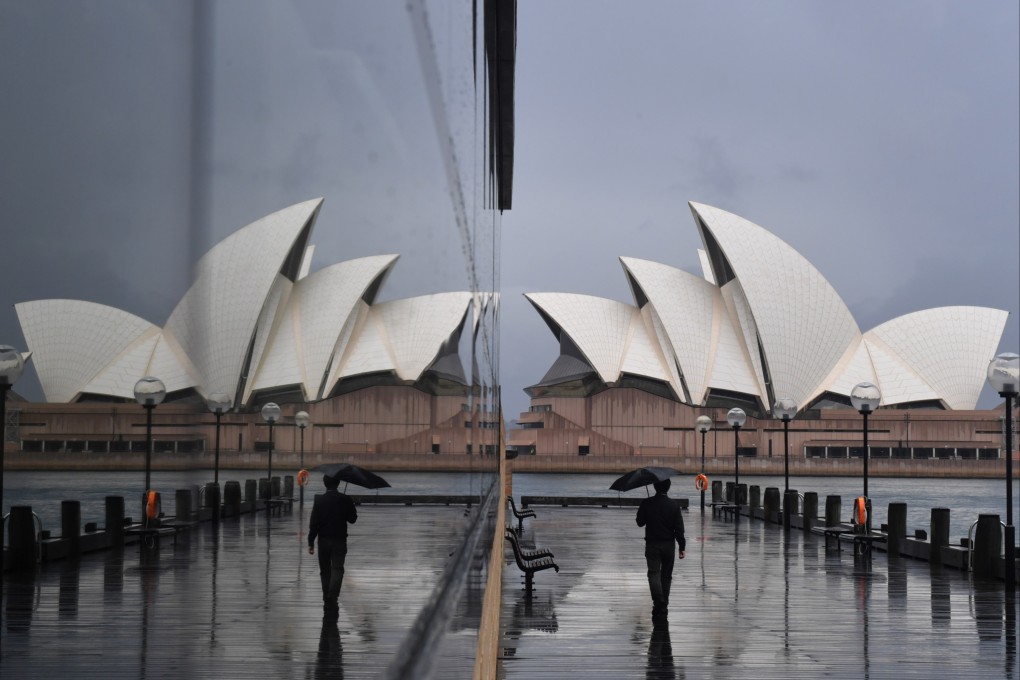From Singapore to Hong Kong and Australia, Asia’s Covid-19 reopening is as much about politics as it is about science
- As highly-vaccinated Singapore switches from fighting a pandemic to treating the coronavirus as endemic, a semblance of normal life beckons
- The decision is likely to please a ‘battle weary’ public and puts the pressure on other ‘zero-Covid’ economies like Hong Kong and Australia to follow suit. Not all are in a position to do so

In the latest round of tightening, Singapore will from Monday differentiate dining out rules by vaccination status. Only recently, on July 12, it had allowed residents to dine in groups of five having for the previous three weeks restricted them to eating only in pairs outdoors. But on Friday, authorities said the new measures were needed to tackle a growing infection cluster of about 120 patients involving clandestine karaoke lounge operations.
Officials in recent weeks have indicated an eagerness to do away with reactive restrictions, saying instead that amid “battle weariness” among residents, the country should now start thinking about treating Covid-19 as endemic once vaccinations reach a critical threshold. Even with the new measures announced on Friday, authorities said Singapore would stick to its plan to live with the virus, though it described the outbreak as a “major setback”.
Government ministers said that a largely inoculated population meant Covid-19 would become a less transmissive and fatal disease, as public health experts have long predicted.
The government expects that 50 per cent of the population will be fully vaccinated by the end of July, and 66 per cent by August 9.
So far, authorities have outlined the broad strokes of the endemic plan. The key is a push for increased testing, tracing and vaccination.